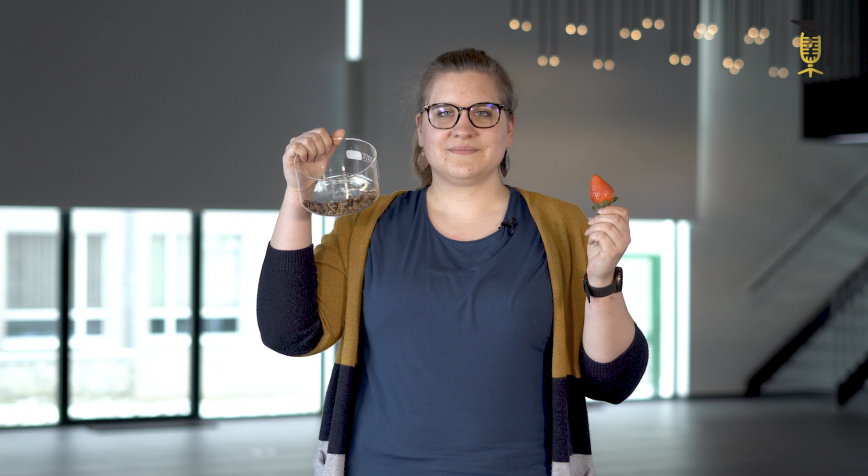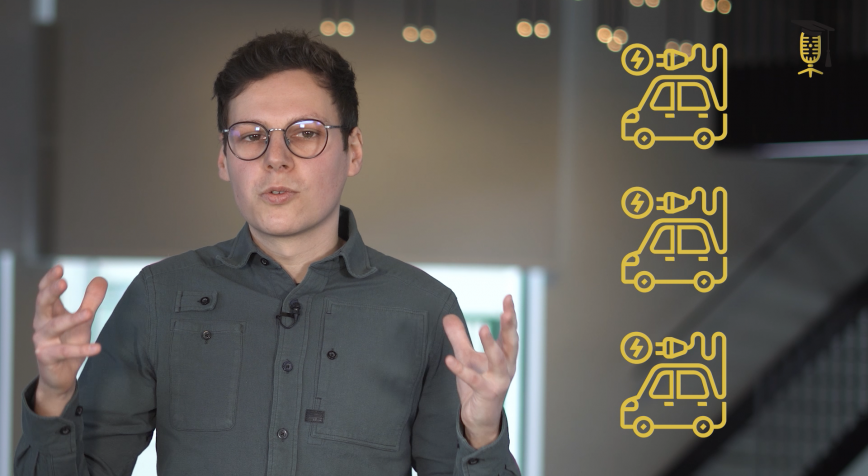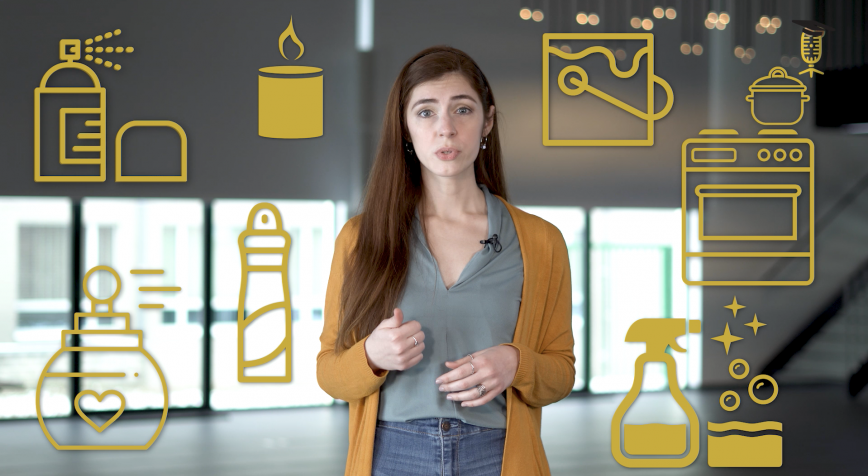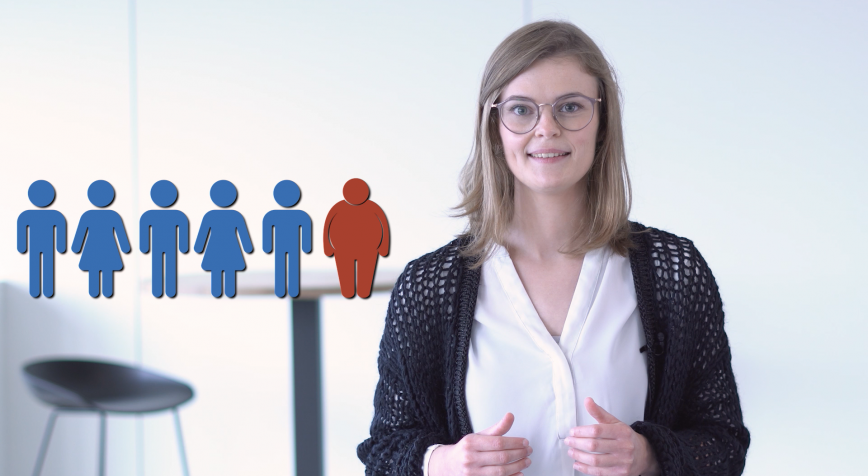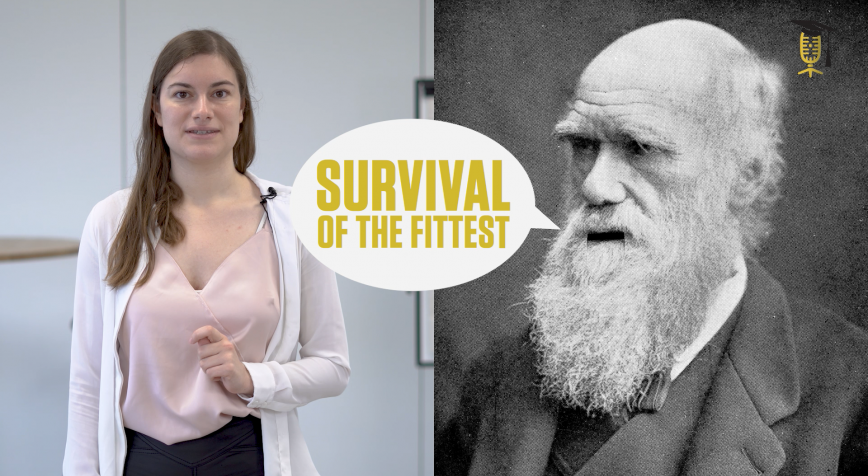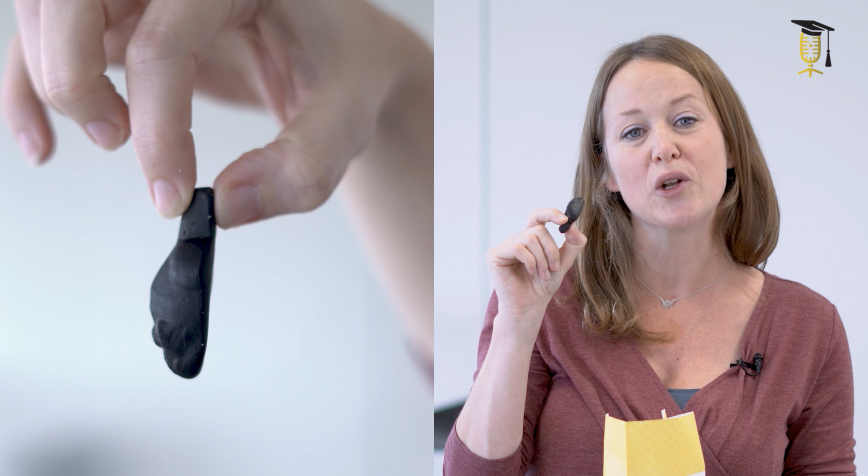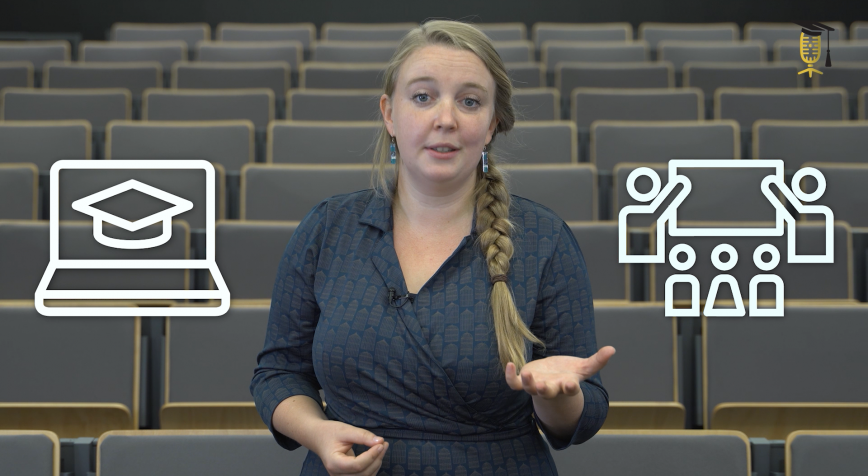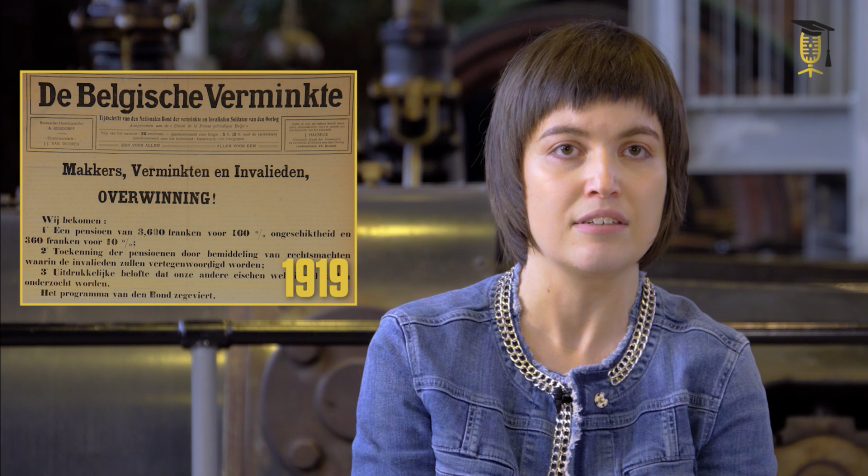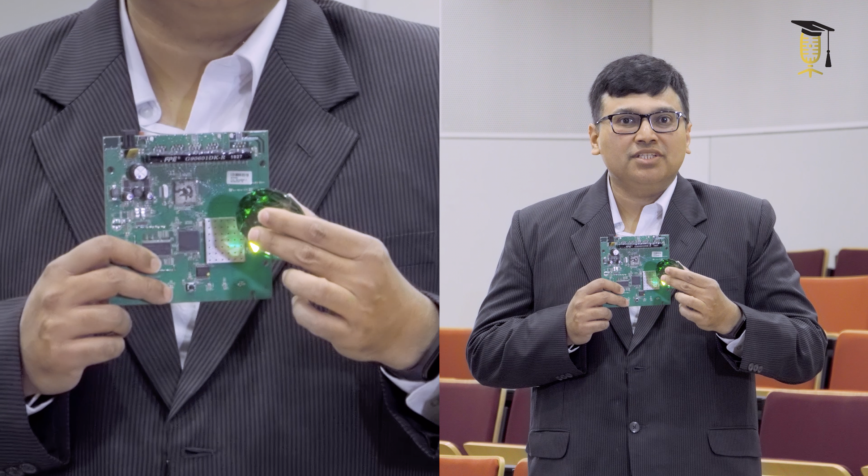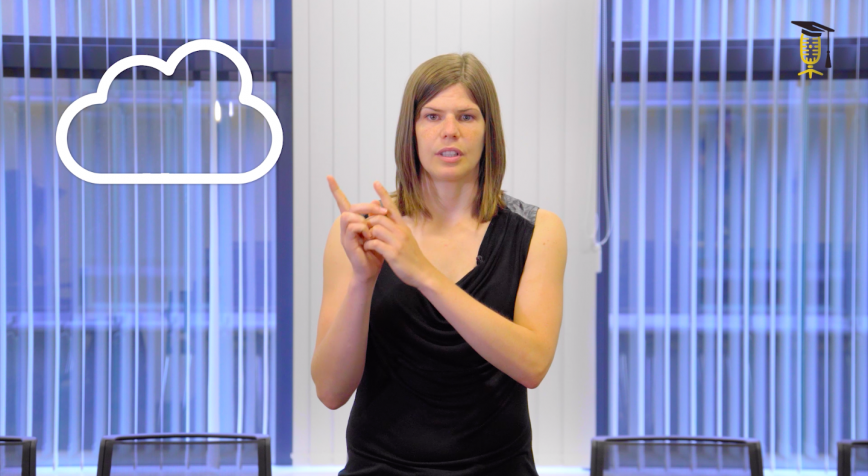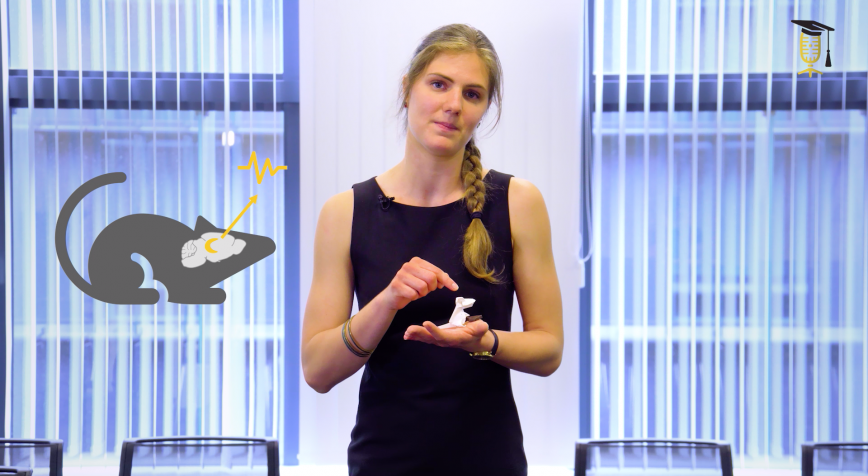
UAntwerpen
UHasselt
VITO
Pathology-predicting proteins
Imagine being sick and simply being able to ask your body what's going on and what it needs to get better. Well, the proteins in our body can tell us that. But it takes a long time for us to understand what they're saying. With his tool, QCquan.net, bioinformatician Joris Van Houtven is determined to speed up that process!
